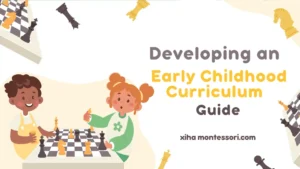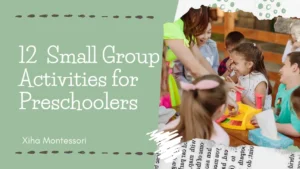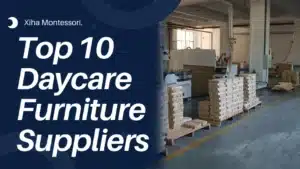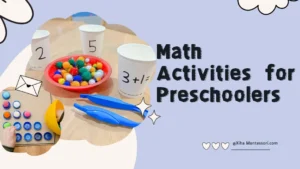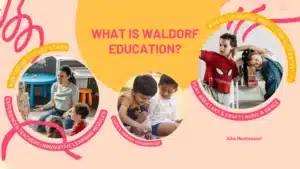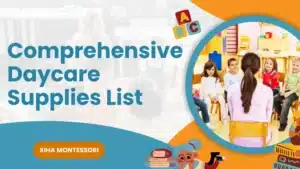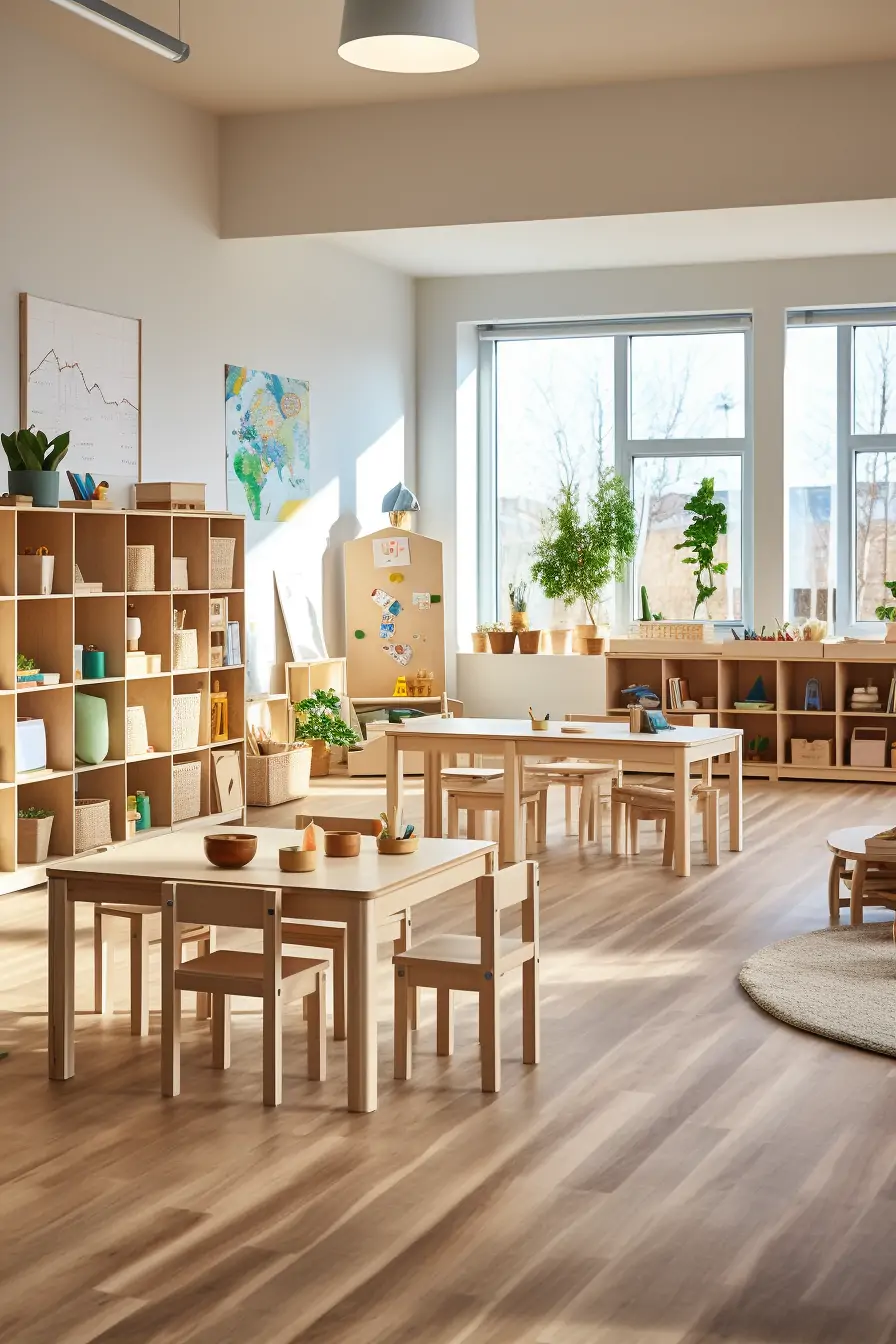Ever wondered why Montessori classrooms steer clear of plastic materials? Curious about the reasons behind this deliberate choice and its impact on children’s learning experiences? Join us as we unravel the rationale behind Montessori’s avoidance of plastic. Discover the principles that guide this decision and the benefits it brings.
Plastic is undoubtedly a ubiquitous material in our modern world. It is cheap, durable, and readily available. It has become so ingrained in our daily lives that we hardly give it a second thought. However, in a Montessori setting, plastic is noticeably absent. Why is that?
Exploring the Choice Against Plastic in Montessori Education
Montessori education places a strong emphasis on providing children with authentic, natural, and purposeful materials. The use of plastic materials contradicts these principles as plastic is a man-made, synthetic material that lacks the sensory qualities and aesthetic appeal of natural materials.
Promoting Sensory Development: Montessori education values hands-on learning experiences that engage all the senses. By avoiding plastic, which can feel artificial and lack sensory stimulation, Montessori classrooms prioritize natural and tactile materials that foster sensory exploration and fine motor skill development.
Embracing Eco-Consciousness: Plastic is known for its detrimental impact on the environment. Montessori education emphasizes environmental stewardship and encourages children to develop a deep respect for the planet. By avoiding plastic, Montessori classrooms model sustainable practices and instill a sense of responsibility towards the environment.
Encouraging Connection with Natural Elements: Montessori philosophy emphasizes the importance of connecting with nature. By incorporating materials like wood, metal, glass, and natural fibers, Montessori classrooms create an environment that reflects the beauty and diversity of the natural world. These materials provide a more authentic and enriching experience for children.
Fostering Appreciation for Beauty and Quality: Montessori classrooms prioritize aesthetics and quality. By choosing materials that exhibit craftsmanship, durability, and timeless beauty, Montessori furniture and learning materials demonstrate an appreciation for artistry and longevity, creating a visually pleasing and inspiring learning environment.
Nurturing Respect for the Child’s Environment: Plastic materials often lack the durability and longevity necessary to withstand the rigors of a Montessori classroom. By opting for sturdy, natural materials, Montessori promotes an environment that respects the child’s space, encouraging them to take ownership, care, and responsibility for their surroundings.
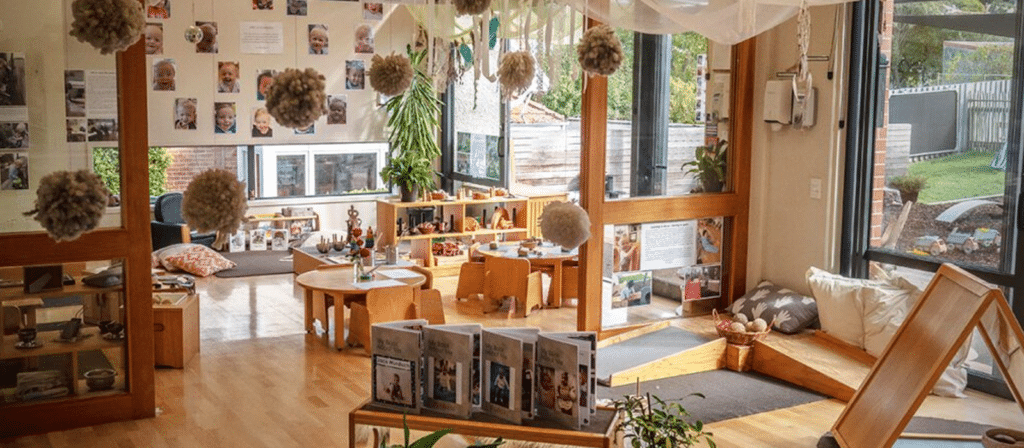
What are the alternatives to plastic in a Montessori environment?
Montessori materials are predominantly made from natural materials such as wood, glass, metal, and fabric. These materials have a sensory appeal, providing children with a tactile experience and a connection to the natural world. They also have a timeless aesthetic that promotes a sense of beauty and harmony in the learning environment.
Wood, in particular, is a favored material in Montessori classrooms. It is durable, sustainable, and can be shaped and manipulated to create a wide range of educational materials. From wooden puzzles to number rods, wooden materials offer a warmth and authenticity that cannot be replicated by plastic.
Glass and metal materials are also commonly used in Montessori settings. They provide a sense of weight, texture, and transparency, allowing children to observe and explore the properties of different materials. Glass jars and metal scoops, for example, are used in practical life activities to develop fine motor skills, hand-eye coordination, and a sense of order.
Fabric materials, such as cotton or silk, are used for sensory experiences and practical life activities. They offer a soft and tactile sensation, allowing children to explore different textures and develop their sensory perception. Fabric can be used for activities like matching textures or folding cloth napkins, fostering independence and care for one’s environment.
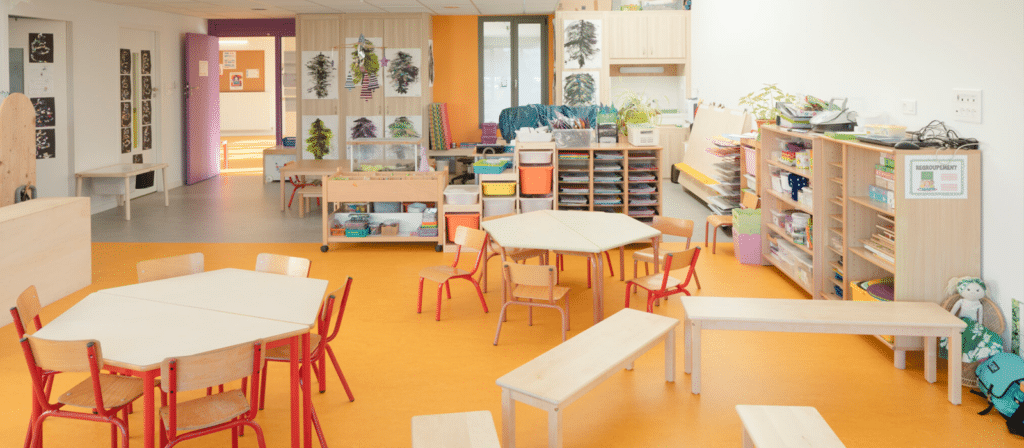
In Conclusion, Montessori’s deliberate choice to avoid plastic materials aligns with its core principles of sensory development, eco-consciousness, connection with nature, appreciation for beauty, and fostering respect for the child’s environment. By embracing alternative materials, Montessori classrooms create a nurturing, sustainable, and inspiring learning environment that promotes holistic development and instills lifelong values.
Join the movement toward a plastic-free Montessori experience and witness the transformative power of intentional material choices. Let’s embrace sustainable alternatives that not only benefit children’s development but also leave a positive impact on our planet, ensuring a better future for generations to come.



